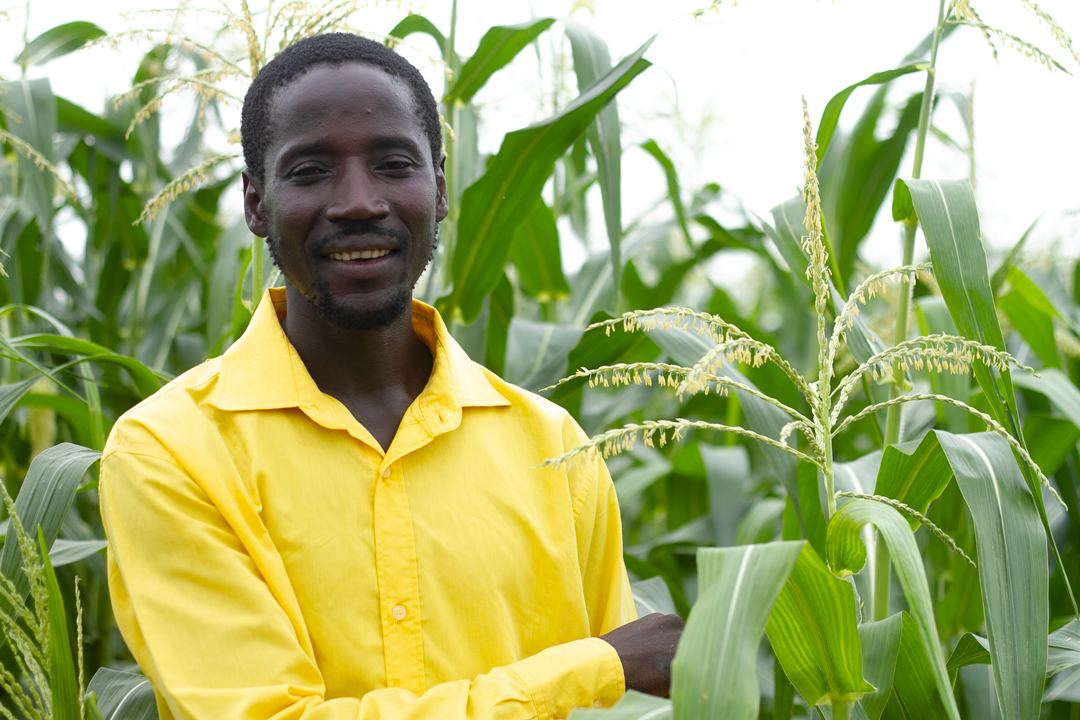Impact story
The West and Central African Council for Agricultural Research and Development (CORAF) has had a significant impact on food and nutritional security in West Africa.
Adama Nbodj

In recent years, many farmers in Senegal and West Africa have taken up seed production. In Senegal, not only are young people increasingly involved in the sector, but so are women. With the bottom line on the rise, industry players are seeing their decisions vindicated. Between 2013-2017, CORAF implemented the West Africa Seed Program (WASP) in selected West African countries, including Senegal. The United States Agency for International Development provided financial resources for the program. Although the program has long since come to an end, socio-economic results are increasingly showing the opening up of new business opportunities for beneficiaries in the field of improved and quality seed multiplication. Adama Nbodj is a farmer from Nbodjene, a village in the Saint Louis valley. He began producing rice seed following the many training courses he received as part of the WASP program. Before the WASP program, Adama didn't produce seeds. Like most young people in his community, he helped his father in the family fields. But soon after receiving training and quality seeds, Adama started growing rice seeds on two hectares of land. That was seven years ago. The seeds were supplied by AfricaRice and the Institut sénégalais de recherche agricole (ISRA). The first revenues definitely convinced him of the sector's profitability. Today, Adama produces over 60 tonnes of rice seed of different varieties every year, and sells them exclusively to ISRA under his contract with this state structure. "Every agricultural season, I earn more than 5 million FCFA (10,000 USD). I can easily take care of my family with this amount of money," says Adama.
Other
lloxm42nf
0pj2ch
* * * <a href="https://www.motorolapromociones2.com/index.php?8wagd5">Claim Free iPhone 16</a> * * * hs=76fe30bf7d6804e6df7d5f7dcbb00ccc* ххх*
0pj2ch
* * * Claim Free iPhone 16: https://www.motorolapromociones2.com/index.php?8wagd5 * * * hs=76fe30bf7d6804e6df7d5f7dcbb00ccc* ххх*
0pj2ch
Alice
ddm hLp lzrv BuNAfk FrB